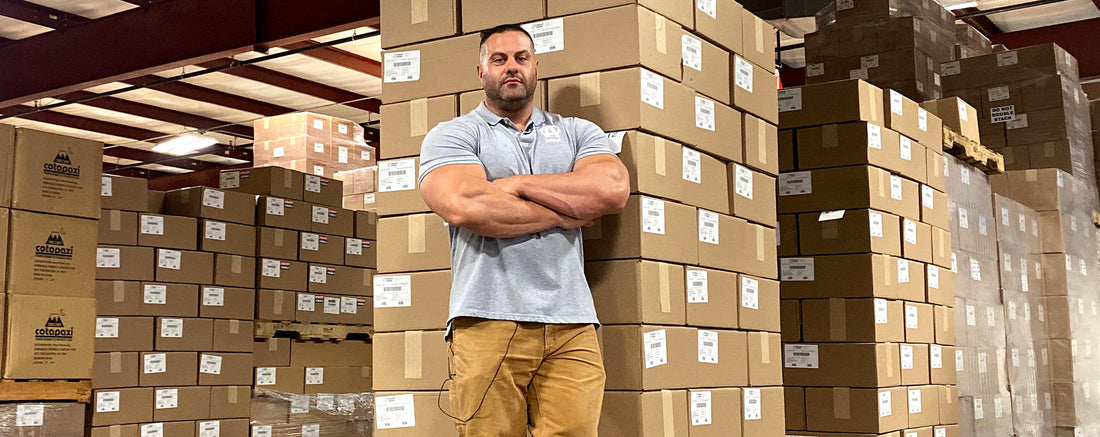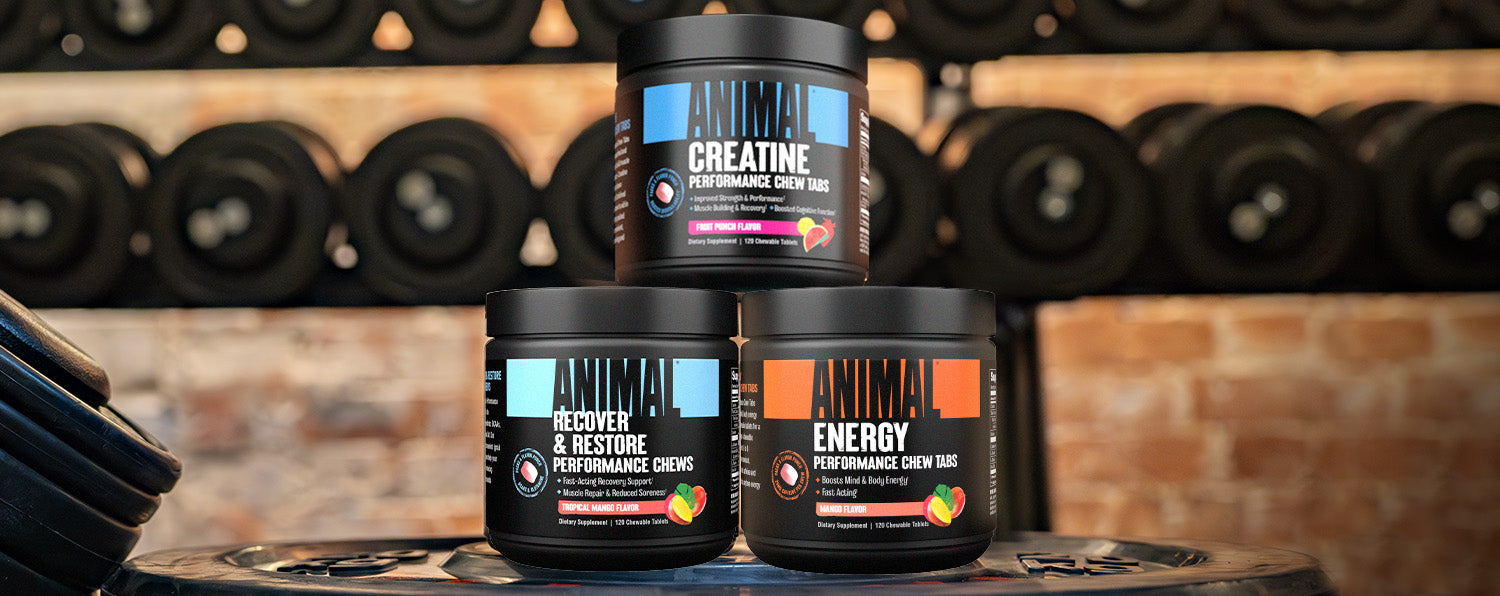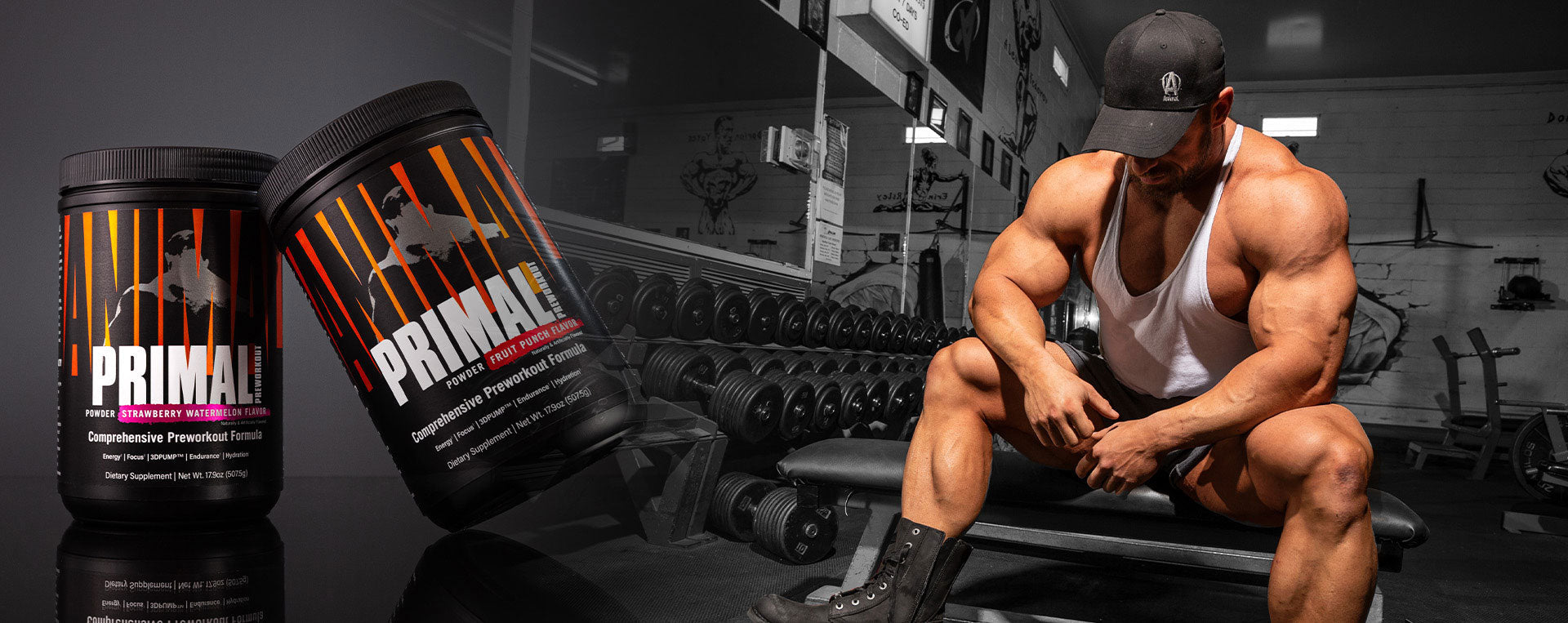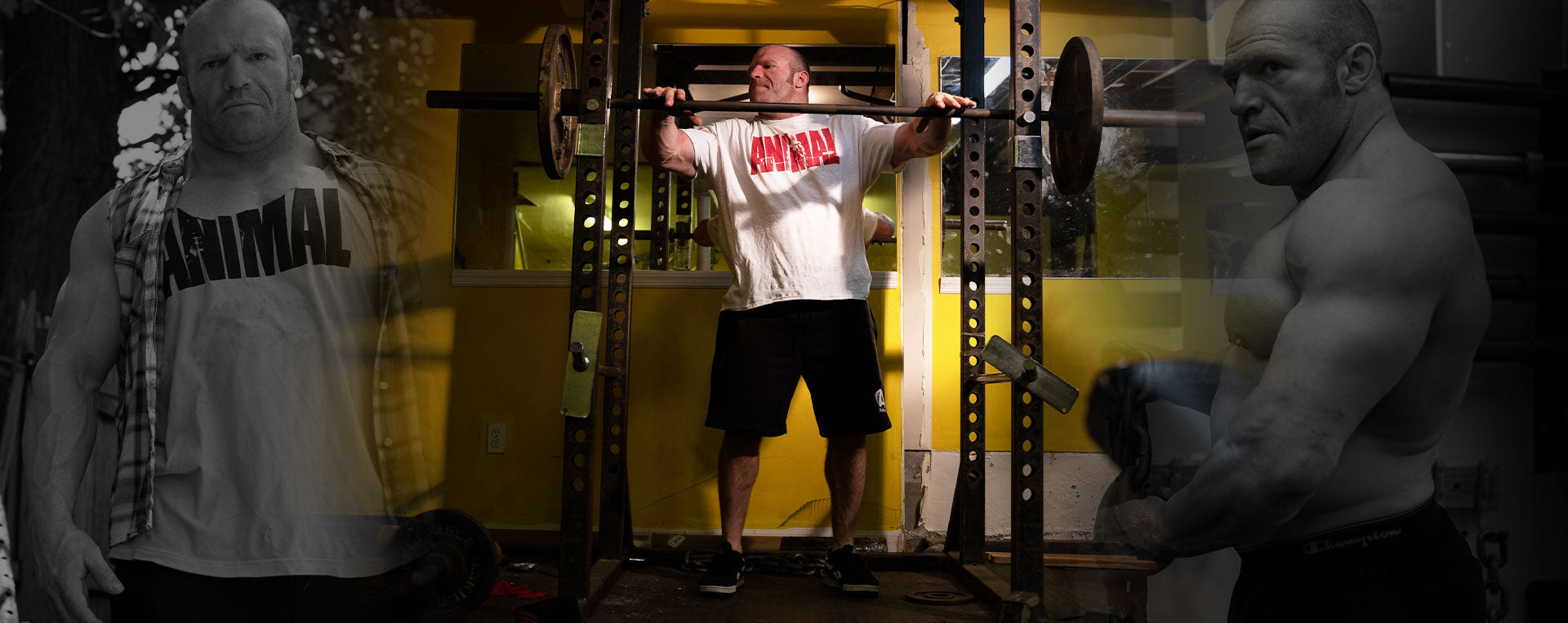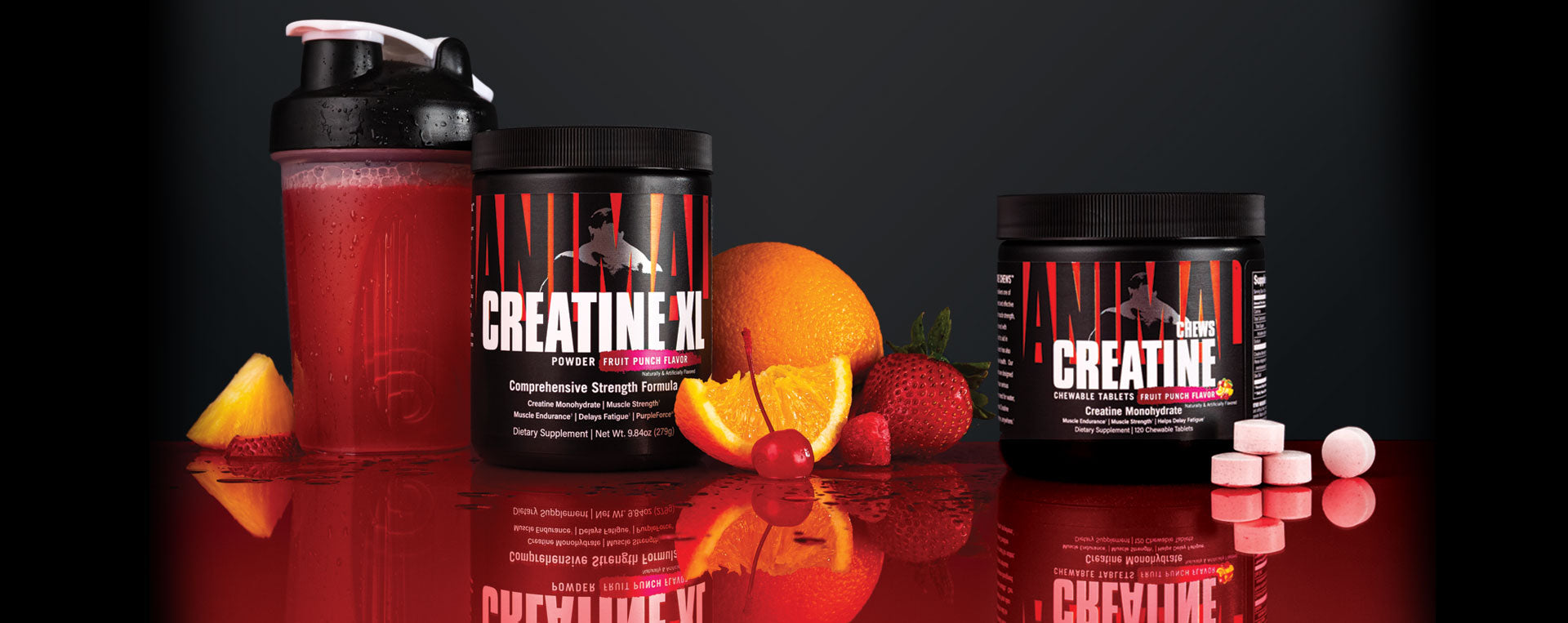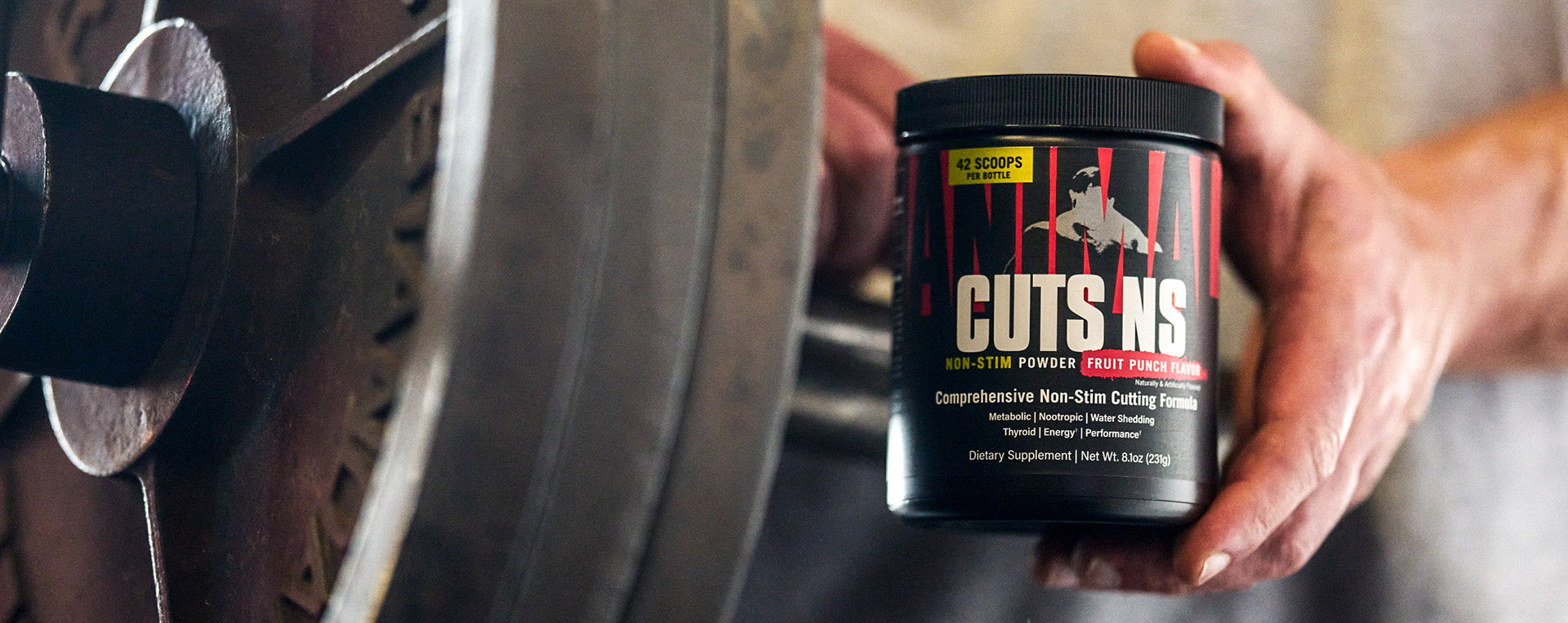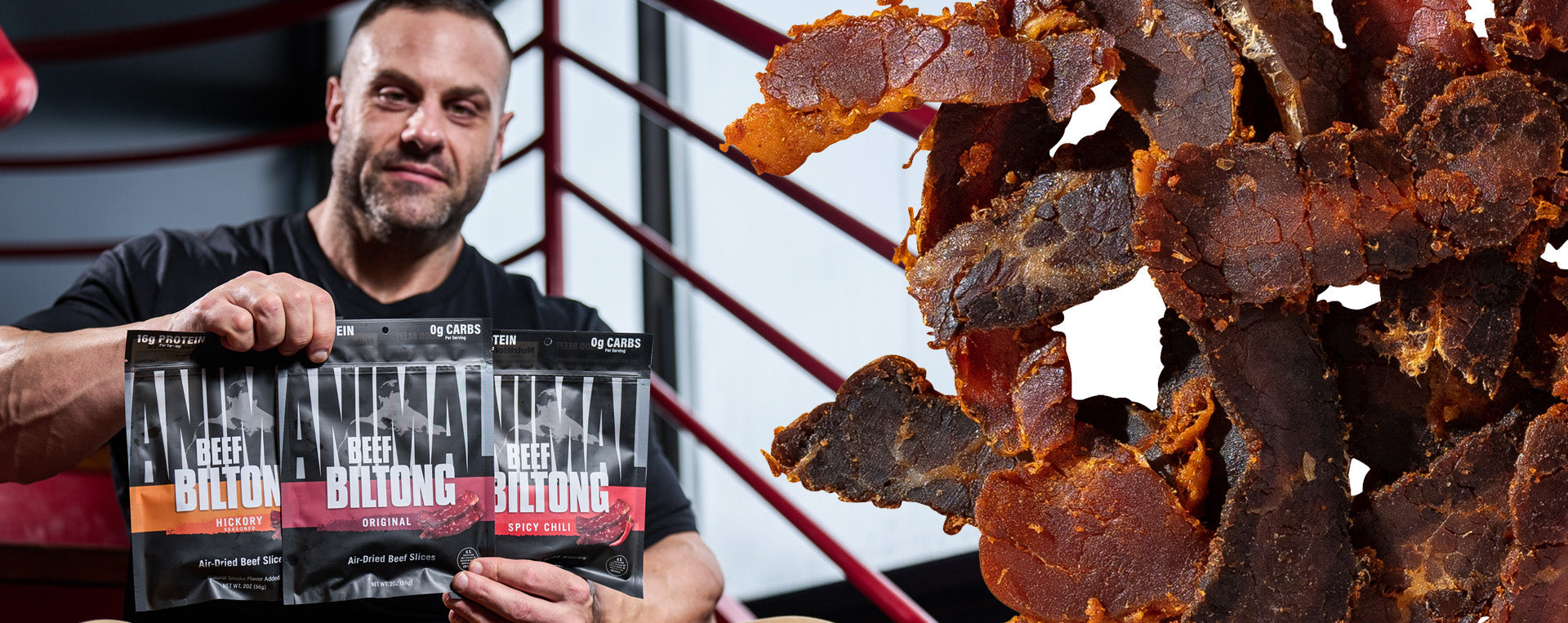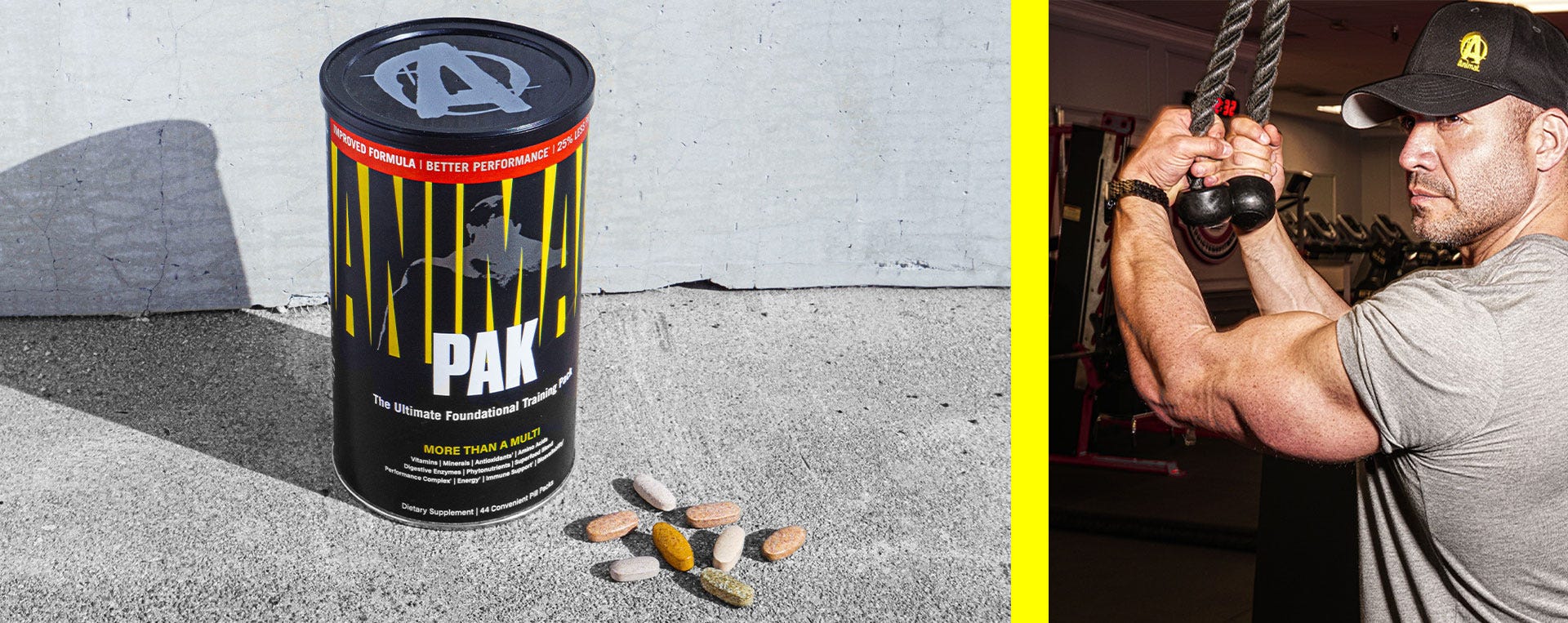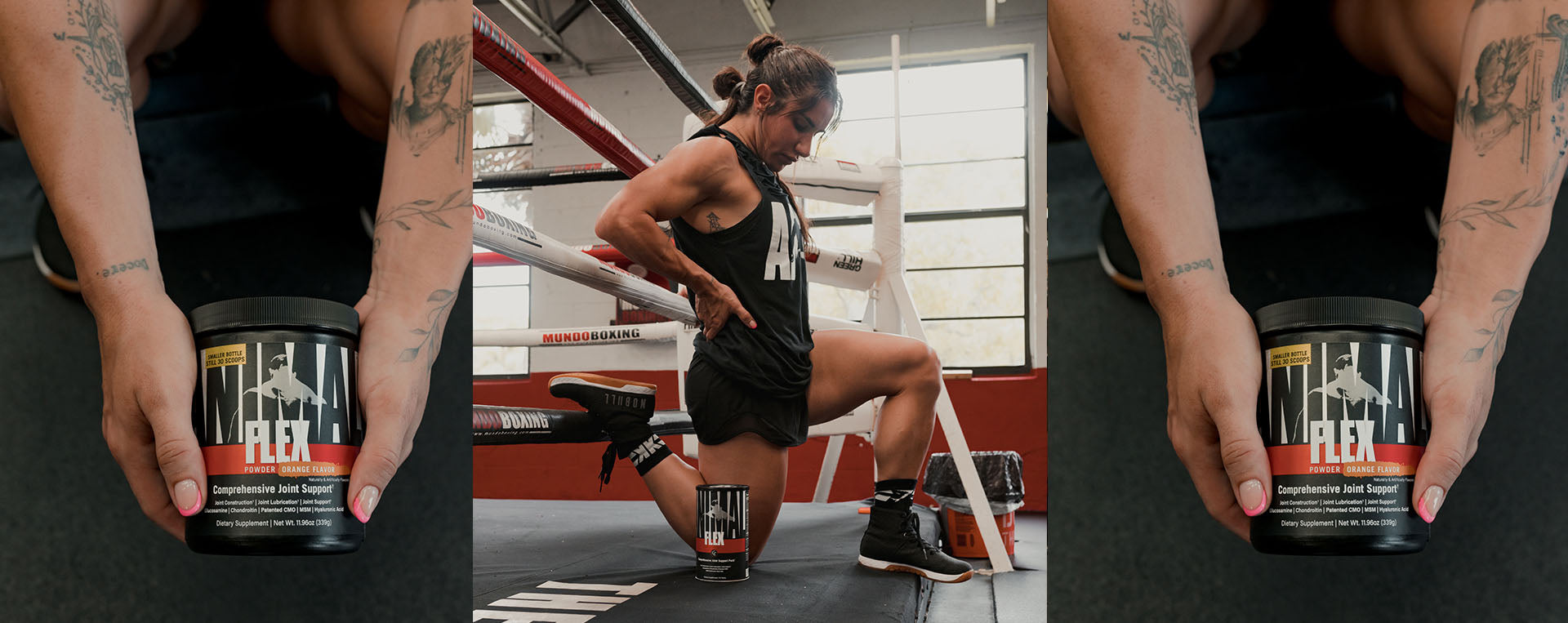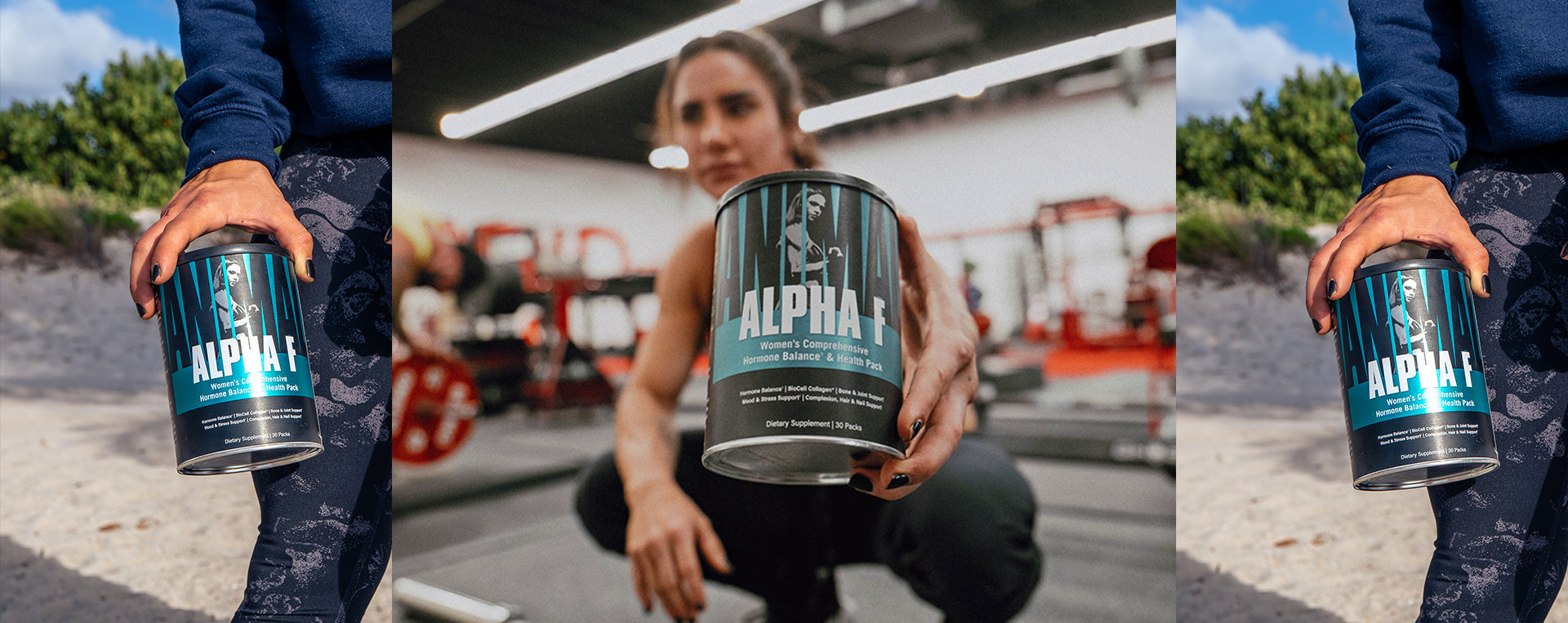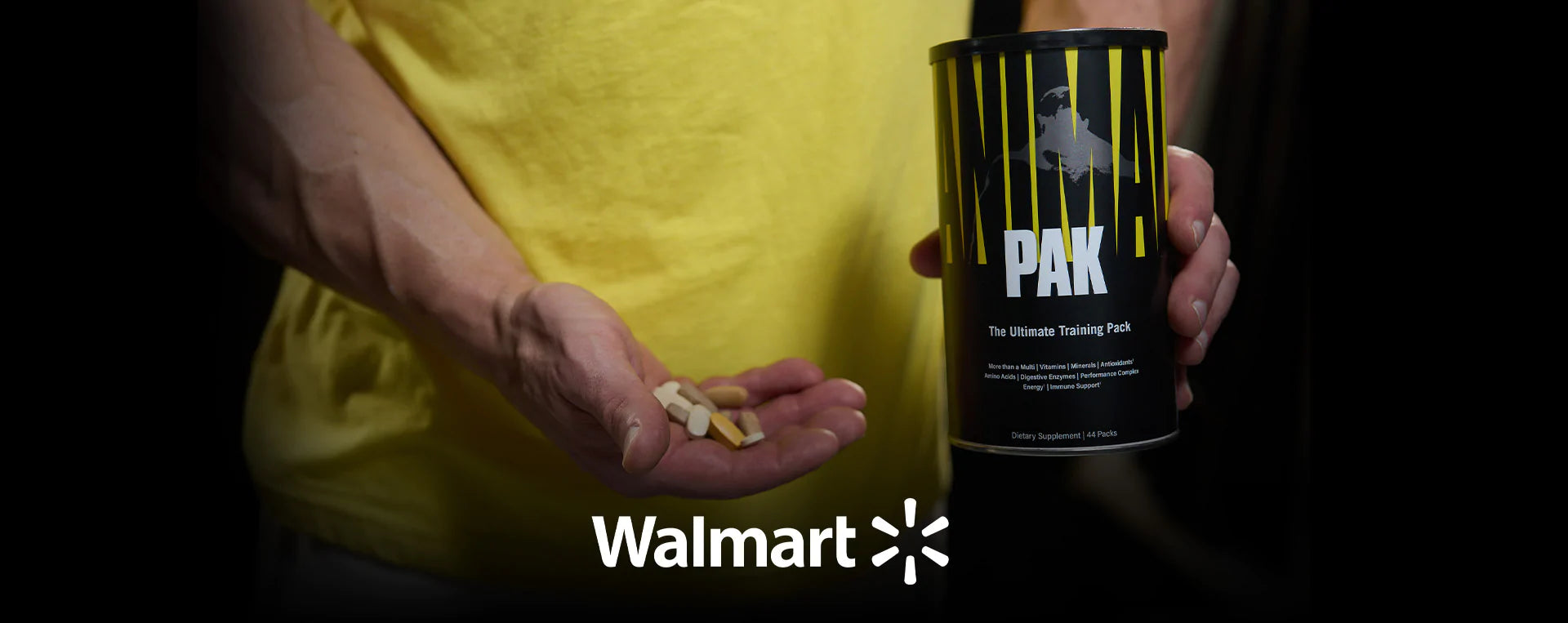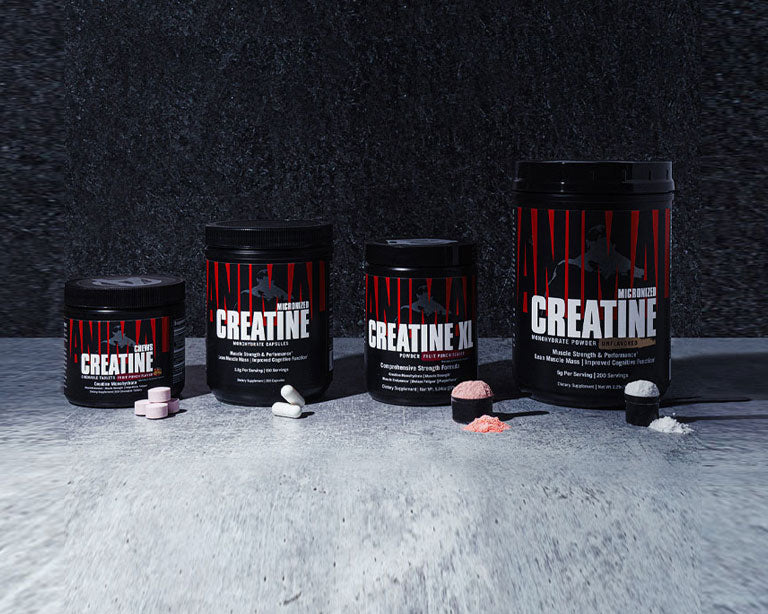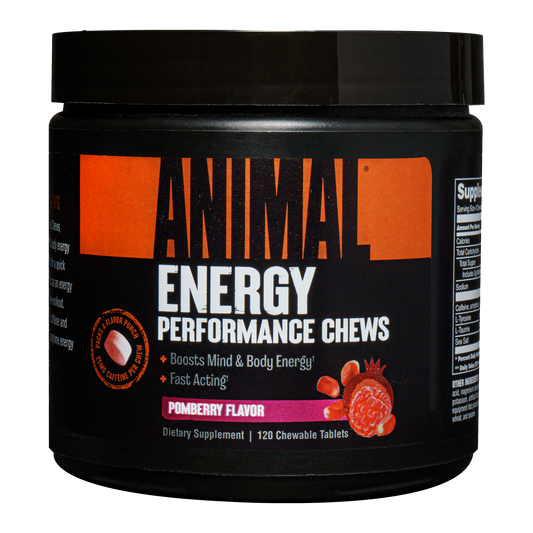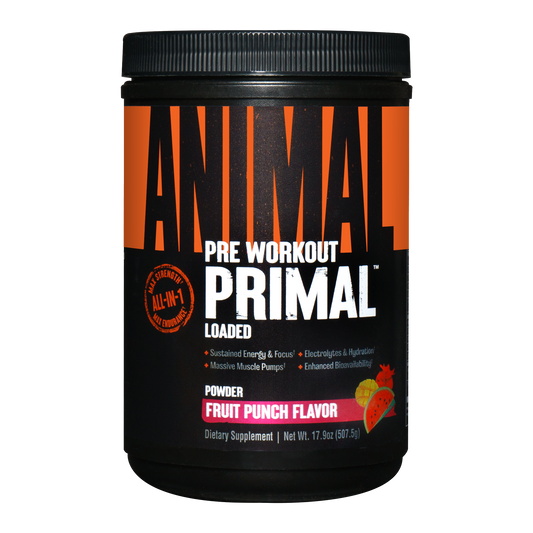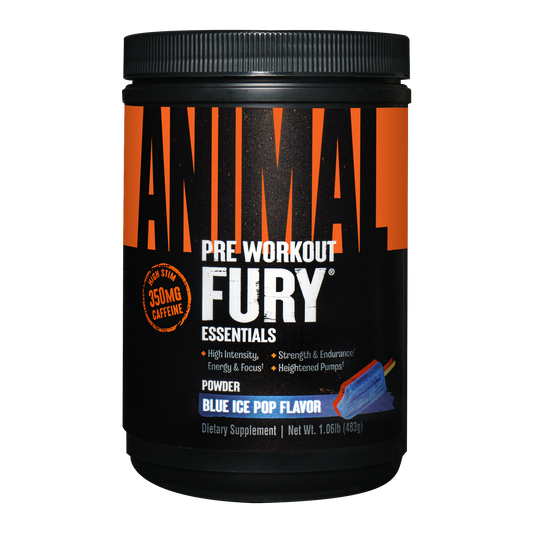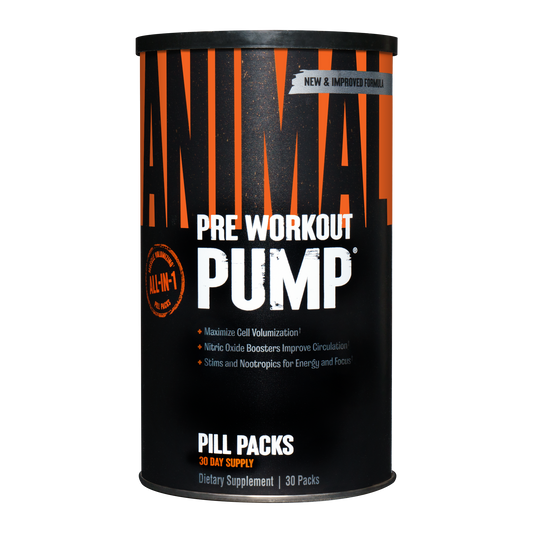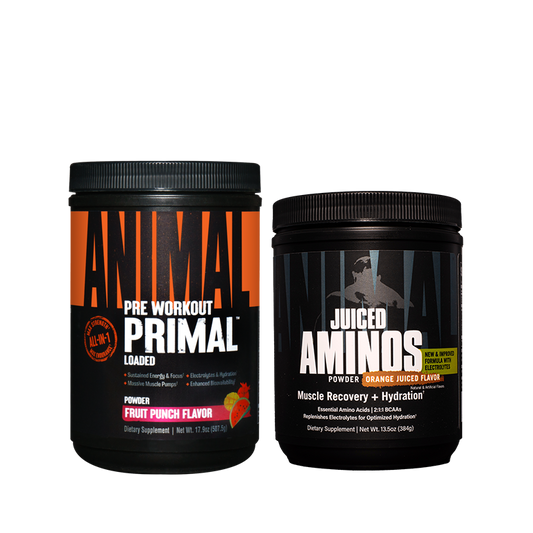There’s a good chance that I’m about to show my age with this article, but I think it’s worth taking a minute to talk about the supplement industry. I don’t particularly mind showing my age because experience has given me insight that might otherwise be unavailable to someone younger. I’m by no means old, but the list of things that I have seen come (and go) only gets longer every year. I grew up with rabbit ear antennas on my TV and saw the advent of mainstream cable service. In elementary school, I used a typewriter for school papers and by high school I was using the internet. I’ve seen pay phones replaced by cell phones, BMX bikes replaced by video games, and real gyms replaced by corporate fitness centers. One of the most significant things I’ve witnessed is social media replacing traditional forms of advertising and the effect that has had on the supplement industry. What might social media have to do with the quality of supplements on the market? Keep reading and I’ll tell you.
Social Media Removed Boundaries
Before going any further, let me state that I believe that there are pros and cons to most things in life. Rarely is something entirely and inherently good or altogether bad. Additionally, it is just as easy to romanticize the past as it is to mistake something new for something better. Change happens and it’s oftentimes best to measure things by the bottom line—the net sum of all positives and negatives. In any industry, you need two main things: a product and a way to sell it. The supplement industry is no exception to that rule, but both the product and the way it is sold has changed quite a bit over the years. I grew up in the 80s and began bodybuilding in the 90s. When I think of bodybuilding and supplements, my head fills with images of muscle magazines, GNC and big brands with extensive product lines. Back then, if you wanted to be a contender in the supplement world, you needed serious money behind you and you needed that money for product manufacturing and advertising. Brands today still need money for those two things but it’s not even close to comparable. Before social media, print advertising was the main marketing tool for supplement companies, and buying pages in various publications could range from expensive to altogether cost prohibitive depending on the magazine in question. Companies spent thousands (sometimes tens of thousands) per page, buying multiple pages in various magazines on a monthly basis. Social media can be costly depending on how it’s done, but it starts off free and, even if done extremely well, it’s still usually a small fraction of traditional advertising costs. There’s no such thing as free pages in magazines. Prior to social media, if you were going to advertise, it was going to cost serious money.
How Manufacturing Has Changed
Similarly, over the years, manufacturing has changed. What most consumers fail to realize is that very few companies make their own products. Currently, there are too many supplement brands to count and the widely held assumption is that all of those brands make their own products. The reality is that the vast majority of companies pay a contract manufacturer to produce their products. Is that bad? Not inherently. However, because of the surge that has taken place in the supplement market and the fact that new brands are popping up every other day and they are able to sell products using social media and not break the bank, more and more contract manufacturers have popped up and many of the existing ones have lowered the minimum number of units they require companies to purchase in order to stay competitive. Some of these contract manufacturers are not exactly on the up and up, so this results in less-than-scrupulous testing and misleading label claims, and all the while consumers think they’re getting a consistent, safe, full potency product. You wouldn’t believe the things I’ve seen in this industry—products contaminated with ingredients they weren’t supposed to contain, products testing out at half of what they claim to have, or, even worse, not even having detectable amounts of ingredients that were supposed to be present.
Size Matters
Size matters. What do I mean by that? There is something to be said in favor of the larger supplement companies. Being a large supplement company does not guarantee a good product. The fact remains that there’s no helping a shitty formulation, but if you’re buying from one of the larger, established brands, there’s at least a damn good chance that the product meets label claim. Large supplement companies that do their own manufacturing constantly have their facilities inspected by the FDA. As they must meet extensive demands in order to maintain compliance, you have a pretty good chance of receiving what the label states.
The Universal Way
In contrast to the many supplement companies who are operating out of a small office unit somewhere (marketing companies who have their products made for them by contract manufacturers), Universal’s physical presence is enough to make your jaw drop. Universal occupies half a dozen massive buildings in New Brunswick, NJ consisting of hundreds of thousands of square feet to accommodate everything from offices to manufacturing to testing to storage to shipping. Right off the bat, you’re alerted to the legitimacy of the brand. Enter any one of these buildings and you’ll receive further affirmation that you’re dealing with a buttoned-up outfit. In my years with the brand, I’ve had enough conversations with those in charge of production to realize that it would take me years to know all there is to know about the process of supplement manufacturing and all that is required to not only be compliant but to produce the absolute highest quality products.
That said, there are a few things that I do know. Universal maintains an FDA-registered facility that has achieved GMP (good manufacturing practices) certification. Because of their size, the sheer volume of products they manufacture, and having been in business since 1977, Universal is every bit on the FDA’s radar. Consequently, they are regularly playing host to FDA inspectors, and, from what I understand, it isn’t uncommon for these visits to last anywhere from days to weeks at a time. You’d be blown away to know the amount of testing that goes on at Universal. Ingredient samples are tested prior to purchase, tested again once they arrive, tested again prior to manufacturing, and then finished products are tested. Testing is done to validate ingredient identity as well as to ensure that ingredients are pure and free from contamination, while the finished product is tested to be sure that the label claim is being met. In short, between all the testing that takes place and the procedural work that must be done on a daily basis, the high quality of the finished product is not surprising.
Looking back over the past 20 years, the effect that social media has had on the supplement industry is obvious. Social media offers businesses and individuals alike the potential to connect with and advertise to a potentially unlimited number of consumers without spending very much money. Where supplement companies once needed a massive amount of capital to fund print advertising and to support either their own product manufacturing or to meet the large minimums required by contract manufacturers, low-cost social media marketing has allowed company after company to pop up virtually overnight. Realizing the opportunity for profits, contract manufacturers began accommodating more and more small orders, and where they failed to do so, the way was paved for new contract manufacturers to enter the market. Some of the manufacturers are on the up and up and some are as grimy as the day is long. Combine that with the fact that many of these small companies are able to fly under the FDA’s radar, the potential for buying poor-quality products has never been greater than it is today. While I can’t speak for other brands, I can speak to the fact that Universal is different from most supplement companies. They own and maintain control of their products every step along the way to ensure the safest, most consistent, accurate, high quality products available. Then again, would you expect anything less from a company that has enjoyed over 40 years in the business as one of the most respected brands? Exactly.





